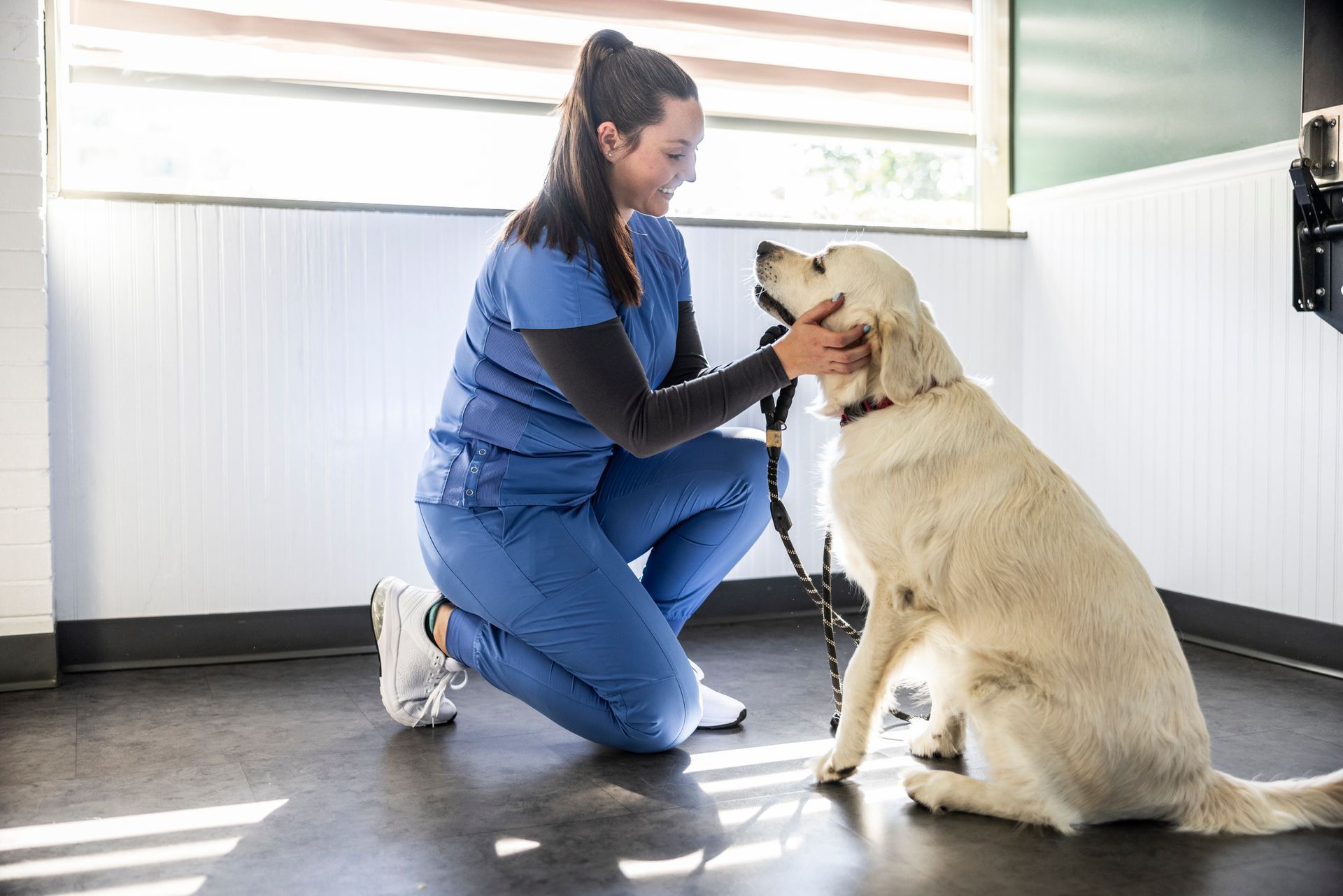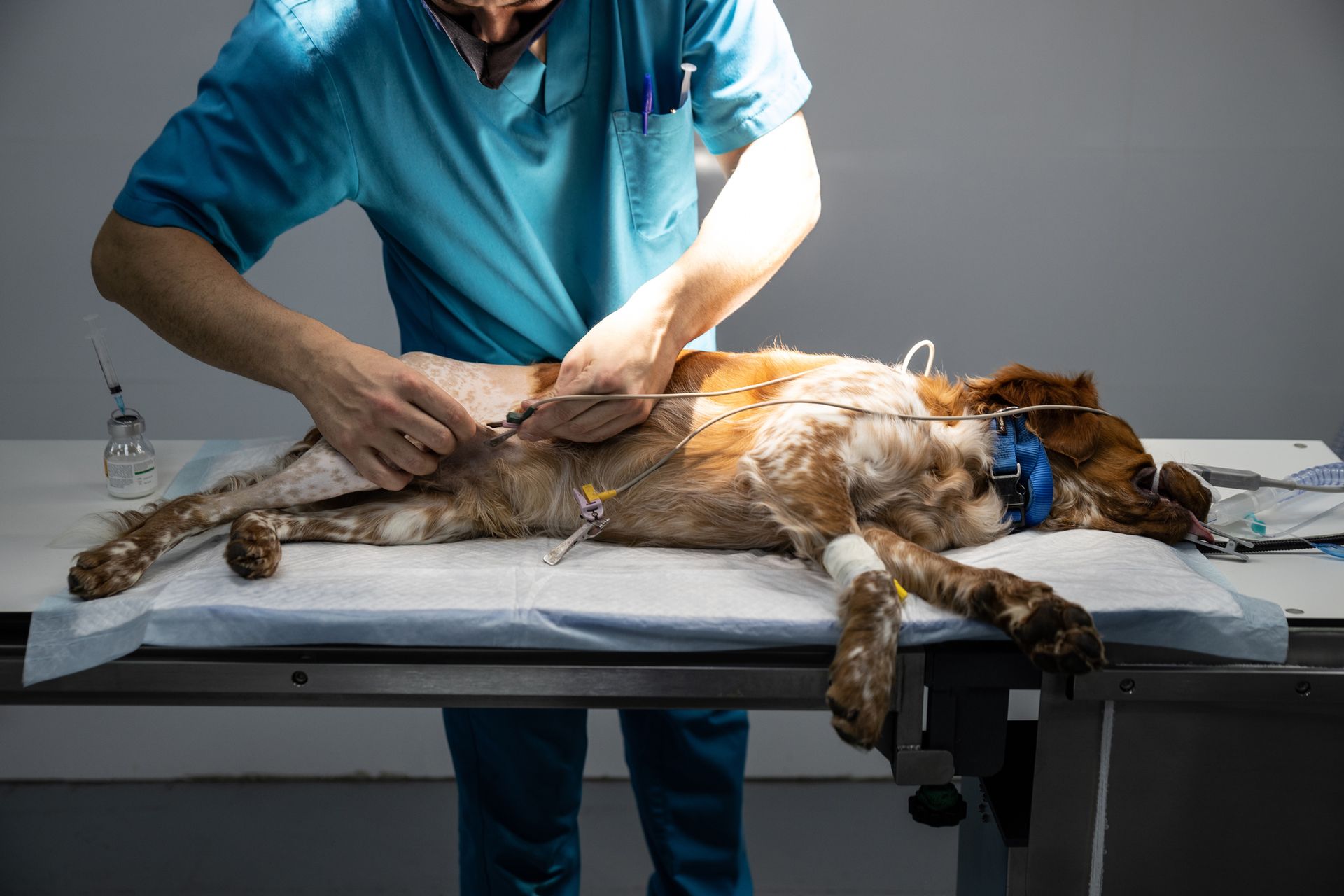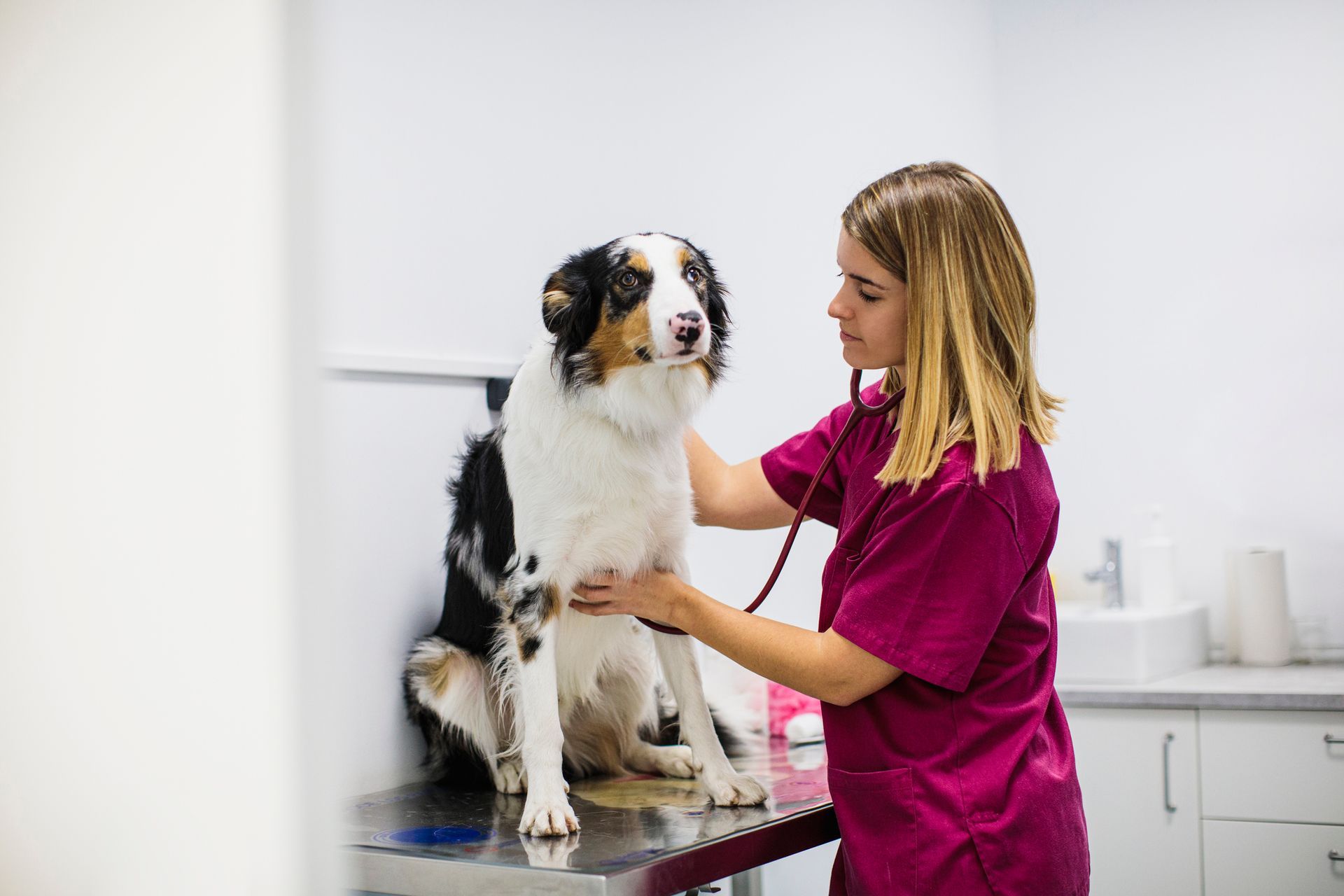Spaying and Neutering Services in the Seattle, WA, Area
Spaying or neutering your cat or dog helps your animal’s health, personality, and overall lifespan. At South Seattle Veterinary Hospital in the Seattle, WA, area, we provide safe, effective, and compassionate spaying and neutering services for both cats and dogs.
Why Spay and Neuter Your Pet?
Spaying and neutering do more than just sterilizing your pet. Spaying and neutering can help with:
- Preventing roaming dogs from becoming hurt
- Altering the behavior issues of aggressive pets
- Decreasing pet overpopulation and euthanasia rates
- Preventing illnesses such as testicular cancer
- Providing female pets with longer lives
If you want to know more about how spaying and neutering can help your animal companion, just let us know.
What Is the Best Age for Spaying and Neutering?
For both cats and dogs, we can spay or neuter them as soon as six months old. Spaying or neutering at that age helps prevent aggressive behavior or illnesses that unsprayed or unneutered pets can develop.
How Can South Seattle Veterinary Hospital Help?
South Seattle Veterinary Hospital is dedicated to providing your pet with quality, compassionate, safe, and effective care, including with our spay and neuter services. We know how important your animal companion is to you, and we want to be there for you whenever you need us.
We are happy to answer all your questions and address any concerns you have. We also ensure that we know the latest and safest techniques to help your pet feel comfortable and safe during the spaying or neutering procedure.
We also provide our services 24/7, so if your cat or dog has an emergency that requires an immediate spay or neuter, we’ll be there to help.
If you want to learn more or schedule an appointment to spay or neuter your pet, please call us today at 206-242-8338 . We look forward to seeing you.











